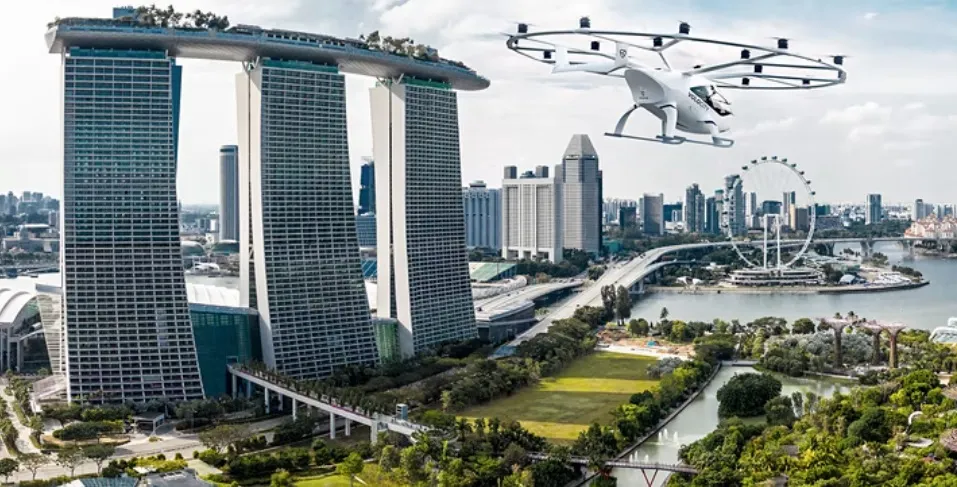Windsor Mayor Eddie Francis has signed a letter of intent to purchase up to 10, BYD 40-foot electric buses for city transit services in 2012, the first city in North America to launch long-range, all-electric buses. The agreement also opens talks to bring manufacturing of BYD buses to the Ontario region in the near future. Transit Windsor has the unique distinction of running in Canada as well as in Detroit, making this launch one that serves on both Canadian and United States’ roads.
May 8, 2012
Read time: 2 mins
Windsor Mayor Eddie Francis has signed a letter of intent to purchase up to 10, 5445 BYD 40-foot electric buses for city transit services in 2012, the first city in North America to launch long-range, all-electric buses. The agreement also opens talks to bring manufacturing of BYD buses to the Ontario region in the near future. 5446 Transit Windsor has the unique distinction of running in Canada as well as in Detroit, making this launch one that serves on both Canadian and United States’ roads.
The BYD iron-phosphate batteries used in these electric buses are claimed to be the only rechargeable battery systems that contain no heavy metals, toxic electrolytes or use caustic materials in their production. This results in the claim that BYD batteries are the most environmentally friendly batteries available in the market. Additionally, BYD and5447 Enwin are working towards having a master plan to repurpose the Windsor bus batteries into fixed Energy Storage Stations when the buses retire, in 12 to 15 years.
Mayor Eddie Francis stated, “One of our primary goals was to position Windsor among the first cities in North America to pioneer the efficient use of electric buses within its public transit authority and to establish Windsor as a hub for the development, manufacture and commercialisation of energy products including electric buses.”
China-headquartered BYD is in the process of completing FMVSS, CMVSS, and other certification testing in North America this year with further plans for fleet sales and deliveries after the first Windsor bus deliveries. The company’s all-electric vehicles in commercial fleets have travelled over 10 million miles over the last two years (as of Q1-2012), showing that their bus technology is quite mature. BYD says it has delivered over 300 all-electric buses worldwide and has orders for over 1,300 more in 2012, making it the largest electric bus manufacturer in the world.
The BYD iron-phosphate batteries used in these electric buses are claimed to be the only rechargeable battery systems that contain no heavy metals, toxic electrolytes or use caustic materials in their production. This results in the claim that BYD batteries are the most environmentally friendly batteries available in the market. Additionally, BYD and
Mayor Eddie Francis stated, “One of our primary goals was to position Windsor among the first cities in North America to pioneer the efficient use of electric buses within its public transit authority and to establish Windsor as a hub for the development, manufacture and commercialisation of energy products including electric buses.”
China-headquartered BYD is in the process of completing FMVSS, CMVSS, and other certification testing in North America this year with further plans for fleet sales and deliveries after the first Windsor bus deliveries. The company’s all-electric vehicles in commercial fleets have travelled over 10 million miles over the last two years (as of Q1-2012), showing that their bus technology is quite mature. BYD says it has delivered over 300 all-electric buses worldwide and has orders for over 1,300 more in 2012, making it the largest electric bus manufacturer in the world.







